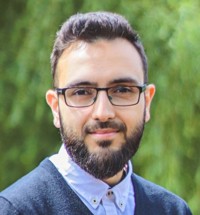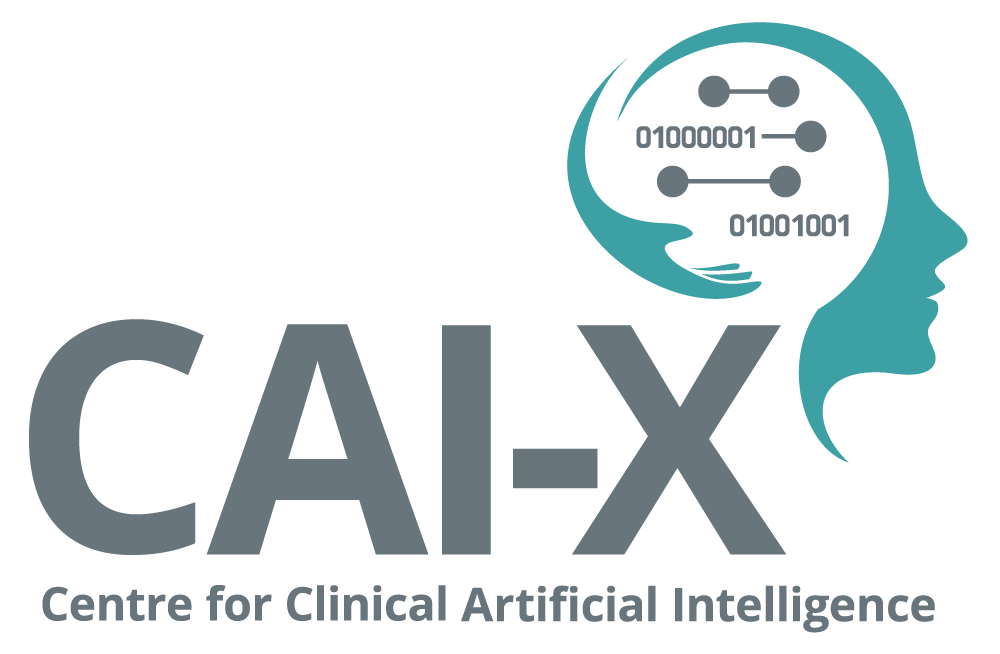MAGIC - AI for Breast Cancer Diagnostics
Full title: Mammography & Artificial Intelligence.
Project period
Start: January 2020
End: December 2023
Breast cancer is the most common form of cancer amongst women and the second leading cause of cancer deaths globally. Population-based organised breast cancer screening is implemented with the overall purpose of reducing mortality through early detection. In Denmark, all women aged 50-69 years are biennially offered mammography screening which is read by at least two expert breast radiologists in accordance with European guidelines. Although double reading is an effective method to reduce missed cancers, it also increases the number of false positives leading to an excess of unnecessary testing and mental distress. Moreover, due to growing demand and a shortage of radiologists, the screening program is very resource demanding.
In recent years, advancements in computer science have presented artificial intelligence (AI) solutions based on novel deep learning (DL) technology as a clinical tool to potentially increase both quality and efficiency of breast cancer screening. DL methods have been tested for numerous applications in breast cancer diagnostics with impressive results in terms of improvement of cancer detection and prediction on mammography in particular as well as reducing false positives. However, all existent studies have tested a DL-based AI system on either a retrospective dataset (mainly single-centre studies) or in limited reader studies, which thereby reduces the generalisability of the results to a real-world clinical setting.
Aim
The objectives of this project were to validate and test an AI system in an existing radiology workflow and analyse the impact on cancer detection and recall rates as well as workload. The project presented the world’s first large-scale validation study and a prospective clinical trial which would assess the impact of a DL-based workflow in Danish clinical screening practice. The project was a multicentre collaboration across all breast cancer screening clinics in the Region of Southern Denmark and included a complete screening cohort representing almost one-fifth of the entire Danish population in order to obtain a representative sample.
The results of this project were expected to elucidate upon the benefits and feasibility of AI solutions for breast cancer screening in an existing radiology workflow in terms of diagnostic accuracy and workflow efficiency. Most importantly, the project would provide important knowledge on the potential of AI systems in detecting clinically significant cancers which could ultimately improve patient outcome.
Results
The project has been a crucial step towards understanding the potential and level of performance of AI solutions in mammography screening, and the research has focused on several important factors, including the level of performance depending on site of deployment in the workflow, workload, cancer detection rate and interval cancer rate at different thresholds.
The experiences from the project are collected in the PhD project "Large-scale validation of artificial intelligence for breast cancer detection in Danish mammography screening" by Mohammad Talal Elhakim. View Mohammad's publications here.
The overall conclusion of the PhD thesis is that an AI solution (with suitable threshold value and site of deployment in the screening workflow) can potentially replace one of the two breast radiologist readers or partially replace both readers in double-read mammography screening.
Prospective controlled trials are still needed before large-scale integration to ensure that long-term cancer outcomes are not adversely affected by AI-integrated screening. The choice of appropriate AI threshold and site of deployment in the screening workflow are important aspects for researchers and medical decision makers to consider in local implementation of AI in breast cancer screening.
Participants
The project was organised by the Department of Radiology at Odense University Hospital, and all radiology departments in the Region of Southern Denmark were part of the project.
Centre for Innovative Medical Technology (CIMT) contributed with project management.
Funding
The project was funded by the Region of Southern Denmark.

Mohammad Talal Elhakim
MD, postdoc
UNIFY - Radiology Research and Innovation Unit
mohammad.talal.elhakim2@rsyd.dk

Benjamin Schnack Rasmussen
Head of Clinical Research - Professor, Senior Physician
Centre for Clinical Artificial Intelligence (CAI-X). Odense University Hospital, Department of Radiology
(+45) 2434 1749 benjamin.rasmussen@rsyd.dk
